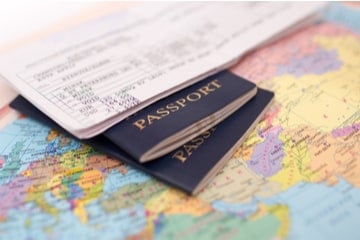“If you’re heading to any Schengen area countries for a short trip or holiday, travel is likely to be straightforward. But if you’re staying for longer, it’s worth looking into visa requirements to make sure you tick the right boxes. It’s also worth considering a backpacker policy if you’re visiting a range of countries.
“It’s also important to be aware that - from mid-2025 - things are going to change. It’s a good idea to find out more about ETIAS before it’s introduced, to make sure future travel plans go as smoothly as possible.”









